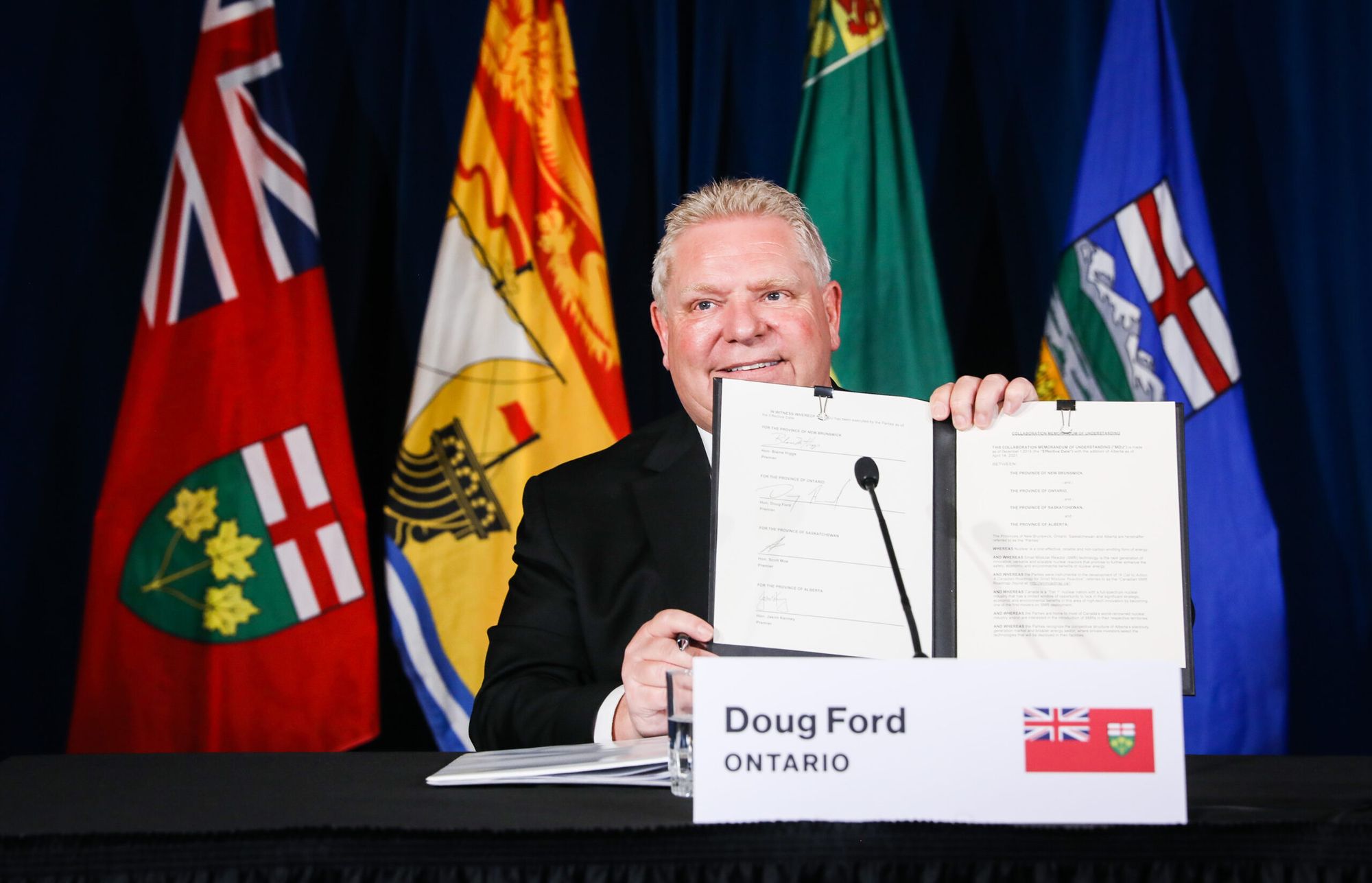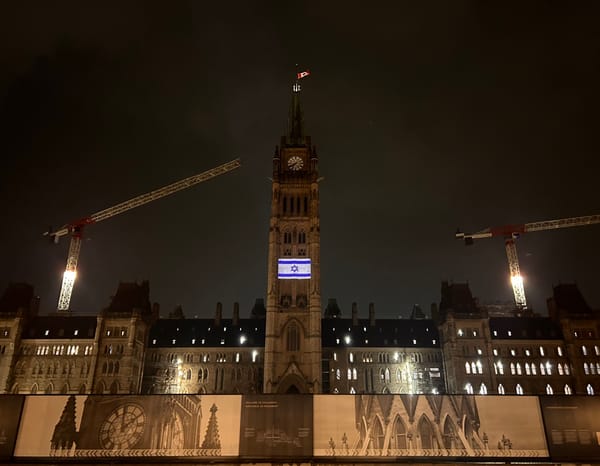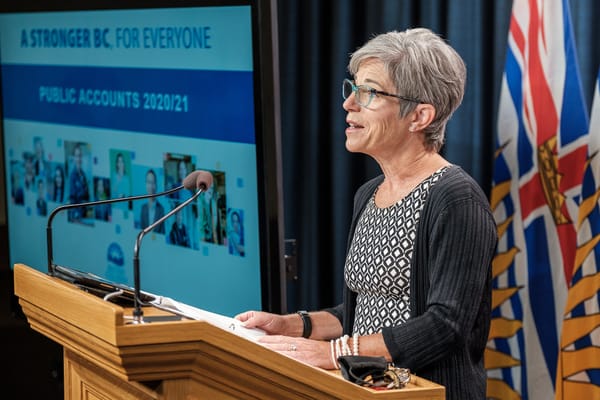There was a lot of news on April 19.
Federal NDP Leader Jagmeet Singh called on Prime Minister Justin Trudeau to consider invoking the federal Emergencies Act to help make the distribution of vaccines more equitable.
In Ontario, 4,447 new cases of COVID-19 were reported, 755 people were in intensive care and 516 on ventilators, and 19 died.
And, amid warnings that ICU capacities were near being maxed out, a law that will radically change Ontario’s Elections Act received Royal Assent.
Bill 254, Protecting Ontario Elections Act, brought forward by Premier Doug Ford’s Conservatives, makes several significant changes to election rules, including doubling personal donation limits and reducing the amount of time parties have to give notice for fundraising events.
These changes, which got little press attention, are anti-democratic and should be opposed, as privately financing public elections can lead to even more corruption and disenfranchisement.
When politicians can be bought to read Special Scrolls — as Ford recently was through a $1,000 per ticket Zoom Fundraiser that promised donors their names would be passed on to the premier — they can be bought to build a super highway through their friends’ land. They can be bought to reduce regulations that were intended to keep workers safe. They can be bought to work on behalf of the ones who own them rather than the people they were elected to serve.
But these changes aren’t the worst of the bill, as it has also changed Ontario’s pre-election period from a very long six months to a ridiculous 12 months. This means that Ontario will be in a pre-election year at least once every three years.
There are a lot of rules that govern what organizations, non-profits, corporations and citizens’ groups who engage in political advertising can do during this period. The new law further constricts how these so-called third parties — any organization that engages in election campaigning but isn’t tied to a political party — can act.
Registered third parties will no longer be able to use the same vendors as other registered third parties “that share a common advocacy, cause or goal.” It’s also now illegal for third parties that have a “common advocacy, cause or goal” to “[share] information” with each other. (Information is not defined in the act. Neither is vendor.)
Previously, third parties were capped at spending $637,000 over the course of the six-month pre-election period. Yet the limit remains regardless of the fact that the pre-election period has doubled. This spending cap will go quickly if commercial or billboard ads are purchased.
Making it illegal for groups with similar perspectives to share the same vendor will mean that the few progressive communications firms that do political advertising — whether through websites and emailers, campaign videos or other issues-based campaigning — before an election can only work for a single third party.
As it is now, third parties use the same vendors all the time; when there’s a communications firm that creates effective content, it makes sense that many third parties engage their services. With these new legislative changes, if NOW Communications were to do work for the Ontario English Catholic Teachers’ Association, to choose a totally hypothetical example, while also working with the Ontario Public Service Employees Union, it would be illegal, regardless of how different the services they provided were.
One wonders just how far this logic could be pushed. If United Food and Commercial Workers, Unifor and the Steelworkers all purchase union-made toilet paper from Cascades, and that toilet paper is used by workers who are campaigning to ditch Ford as premier, is Cascades in violation of the election law? If Ontario Nurses’ Association members in North Bay and SEIU Healthcare members in London are door knocking, and both union groups snack on Cliff bars, is this now illegal?
Three of Ontario’s teacher unions are already challenging the law. They argue that the bill, “was crafted to benefit the Ford government by increasing its access to substantial financial resources, while exacerbating the undue influence of wealthy donors on government decisions; reducing or eliminating the role of organizations, such as unions, public interest groups, non-governmental organizations, community groups, and others in the public, to debate important public policy issues; suppressing dissent and debate, essentially silencing their critics’ legitimate concerns.”
The charter challenge will take time to make its way through the courts, yet the pre-election period started earlier this week. So, until the challenge is heard, third parties will have to choose to either break the law or wait and see.
This is all extremely rich considering the Toronto Star reported this week that the RCMP is investigating an ad that violated Ontario’s Election Finances Act placed by a group called Vaughan Working Families. They took out anti-teacher ads in February 2020, just as teachers were about to stage province-wide strikes. That organization’s chair, Michael DeGasperis, is close to the Conservatives, and is a land developer who stands to cash in if the proposed Highway 413 goes ahead.
After a year where thousands of deaths and tens of thousands of infections were the direct result of how Ontario’s government managed the pandemic, these changes are clearly an attempt by the Conservatives to take advantage of the moment and tip the scales in their favour for the next election.
This stunning attack on the rights of citizens to come together and advocate politically shows Ontarians who the Progressive Conservatives really are: corrupt and ruthless politicians whose shameless power grab very well may ensure that they’ll be re-elected.








Member discussion